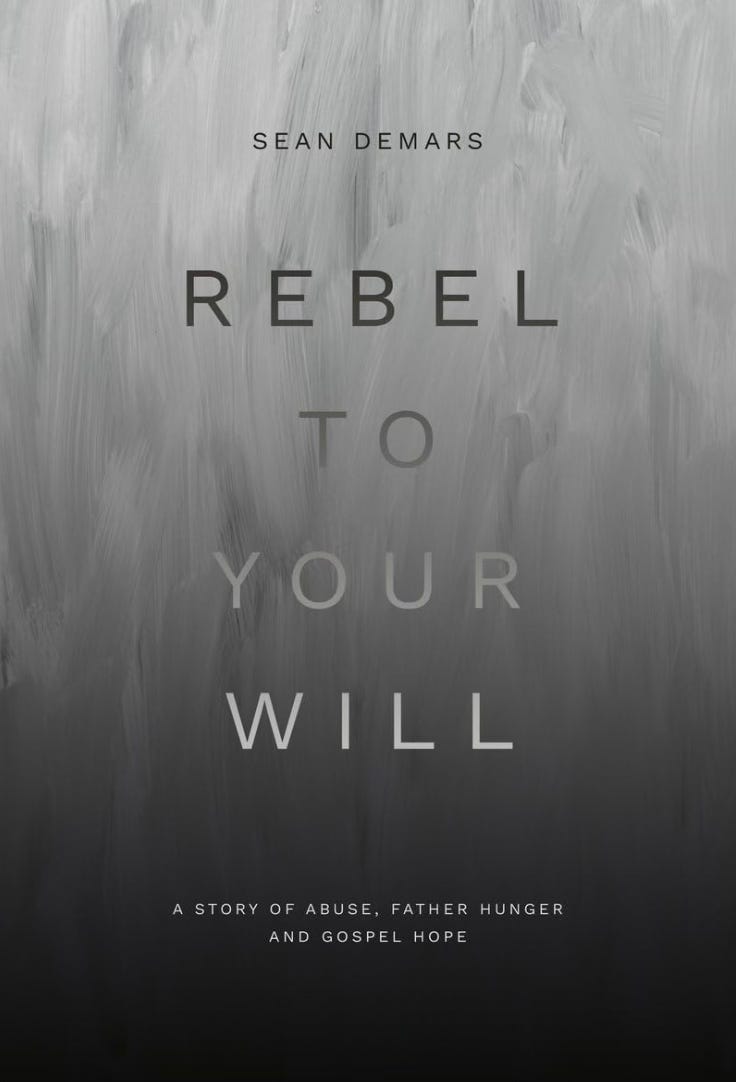I just finished a book that was easy to read and hard to read. That sounds like a contradiction, so let me explain.
This book was easy to read because of the way it was written. It’s a good example of lucid descriptive prose, a personal narrative, a clever telling of a true story. The book employs the flashback technique, smoothly gliding between two eras of the same life, starkly illustrating the radical power of the gospel to make a new creation.
This book was hard to read because of what was written. It’s the personal account of someone who suffered abuse at the hands of the one most responsible to protect him. It’s the sad story of someone who longed for, but never had, a father. It’s a riveting report from the muted voices of the underclass, trapped in generational poverty, broken homes, and drug and alcohol addiction. It’s a first-hand account of the soul-withering effect of physical and verbal abuse. It’s a commentary on children who get lost in the system and a system overwhelmed with lost children. It’s an unsettling reminder that “hurt people hurt people.”
It made me feel things.
I felt a broken heart for a little boy who saw things little boys should never see. An angry heart toward an abusive mother who unleashed her pain-filled rage on a helpless child. Then, a compassionate heart for the same mother, who had suffered from the sinful decisions of others. And finally, a grateful heart for the transforming grace of God, who promises to love, protect, and provide for his children without condition.
Perhaps the intensity of my emotions is heightened because the author is a friend. Many of the people and places he mentions are familiar to me. He is my brother in Christ and a partner in ministry, pastoring a church 3.8 miles from the church I pastor. But I suspect that even if I had never met Sean DeMars, I would still find this book both easy and hard to read.
As I read Sean’s story, my thoughts turned to other stories I’ve heard since childhood.
The stories of Nicodemus and the woman at the well may be familiar, but notice the juxtaposition. Nicodemus is a member of elite Jewish society, a law-keeping Pharisee in the ruling class. The nameless woman was shunned by the elite, an ethnically mixed Samaritan, married and divorced five times, and living with a man who enjoyed the benefits of marriage without the responsibilities. These are the first two people we meet at the beginning of Jesus’ ministry in John’s gospel, as if to say, “It doesn’t matter who you are–if you want Jesus, you can have him.” But also, “It doesn’t matter who you are–if you don’t have Jesus, you will perish.” Jesus plays no favorites here. The gospel is scandalous in its indiscrimination.
In another story, a sinful woman uses expensive ointment and her own tears to clean the feet of Jesus. This draws the self-righteous critique of the Pharisees, who can’t imagine a true prophet allowing such a woman to get so close. The woman did this, explains the rogue Rabbi, because “she loved much––but he who is forgiven little, loves little.” There in the presence of the religious elite, Jesus audaciously declared this woman’s sins to be forgiven simply because she trusted in him.
It's hard to imagine two childhoods more unlike than Sean’s and mine. Sean doesn’t mind telling you that he has been forgiven much. But then again, so have I. And for the same reason, we both love Jesus.
So, here’s my recommendation: 1) Buy the book here. 2) Read the book. That may be the hard part for some of you but take heart! It’s a thin book and easy to read. 3) Ask yourself if there is anyone in your life who might be helped by a book about “abuse, father hunger, and gospel hope.” You probably know what to do after that.



